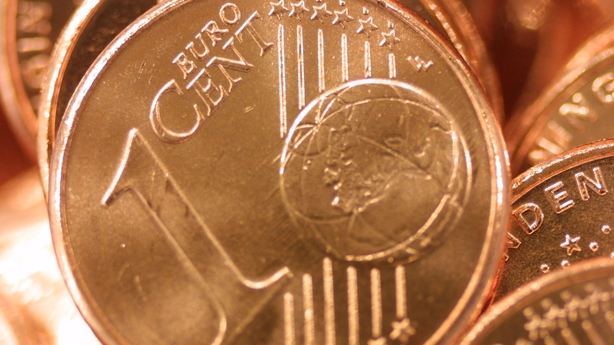Four out of five retailers are now applying currency rounding, following the introduction of a nationwide scheme last year by the Central Bank.
A RedC opinion poll commissioned by the Central Bank also indicates a 75% awareness rate of the scheme among the public, while 93% of people who were surveyed think that rounding is a good idea or makes no difference.
Rounding was introduced last October after a successful trial in Wexford to help reduce the levels of 1 cent and 2 cent coins in circulation, the majority of which were not in daily use.
The relevance of the low-denomination coins has been questioned in recent years, particularly because the cost of producing such coins is more than their monetary value – a 1 cent coin costs 1.65 cent to make, while a 2 cent coin costs 2.1 cent.
Central Bank research shows these coins were being hoarded or thrown away, while inflation has caused the purchasing power of the coins to diminish by over 20% since their introduction.

As a result of rounding, between October 2015 and August 2016, 126 million unwanted coins have been lodged with the Central Bank and the cost of minting replacement coins has fallen.
Deputy Head of the Central Bank’s Payment & Securities Settlement Division John Geelon said: "Rounding is conducted on a voluntary basis for both consumers and retailers, so we’re pleased to see 80% of retailers are applying it and the vast majority of the public surveyed have no issues with the process.
Under the rounding scheme, customers’ total bills are rounded to the nearest 5 cent, however, customers have the right to exact change if they wish.
Rounding only takes place on the total bill, not on individual prices, so existing price points (for example items priced at 99 cent) remain unchanged.
Rounding does not apply when bills are paid electronically, such as by debit card, credit card or by store card.

